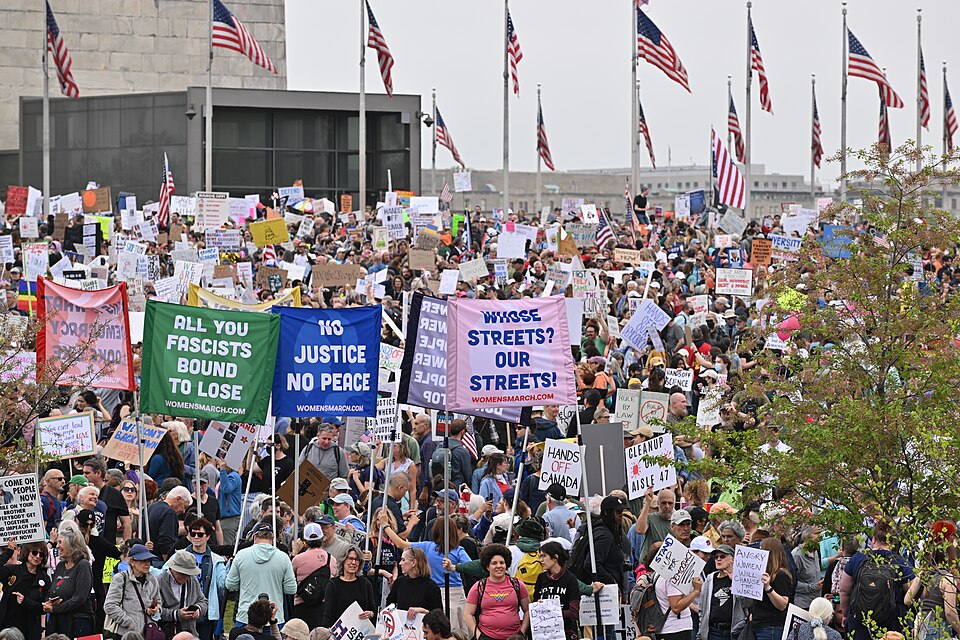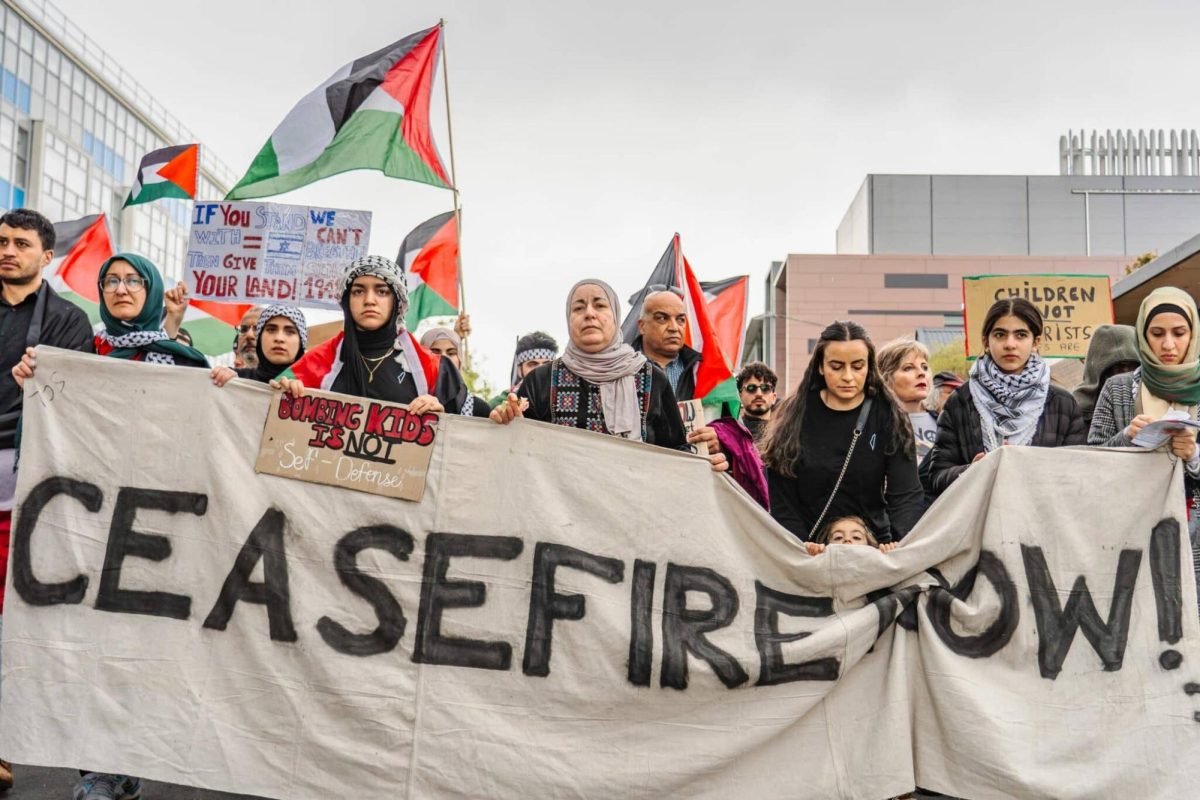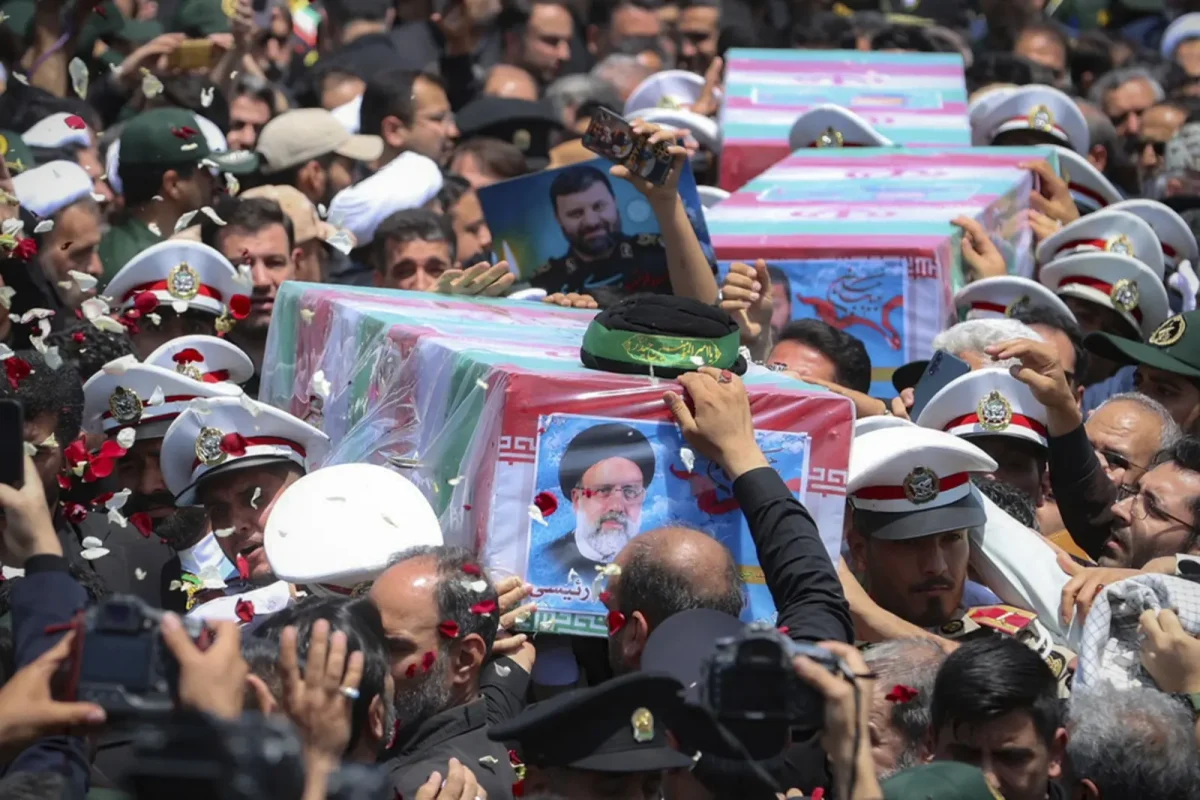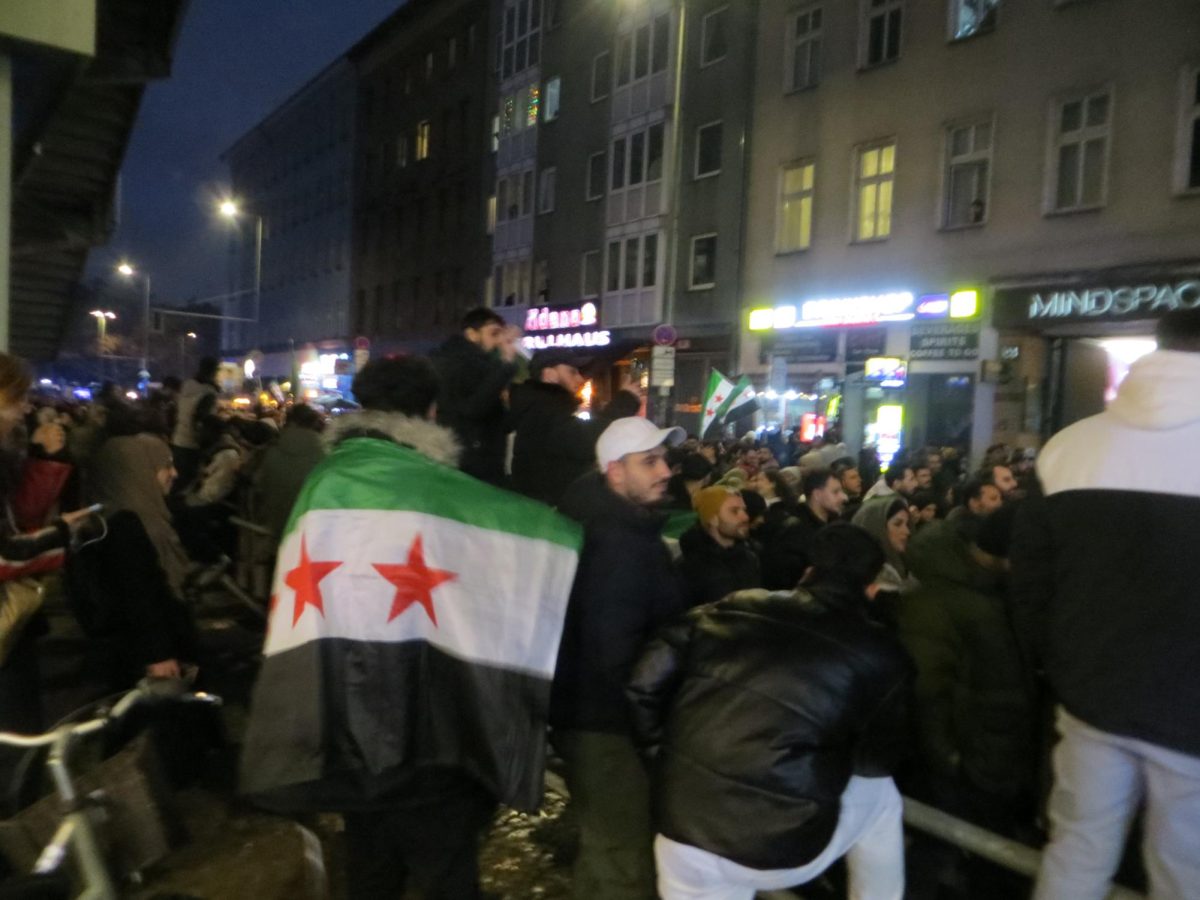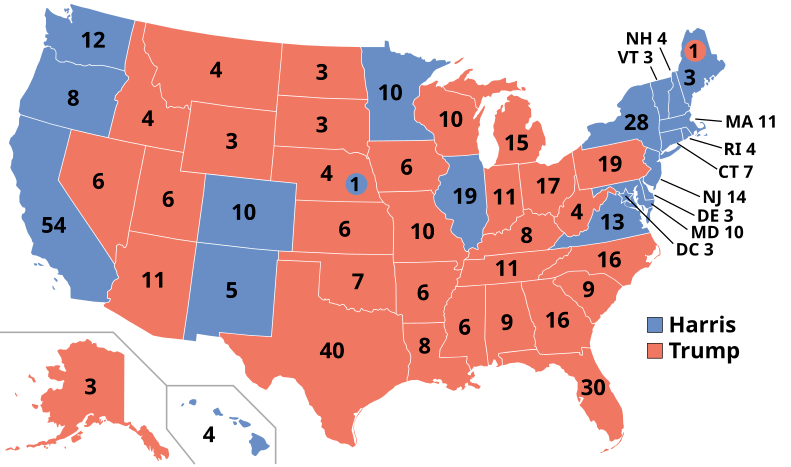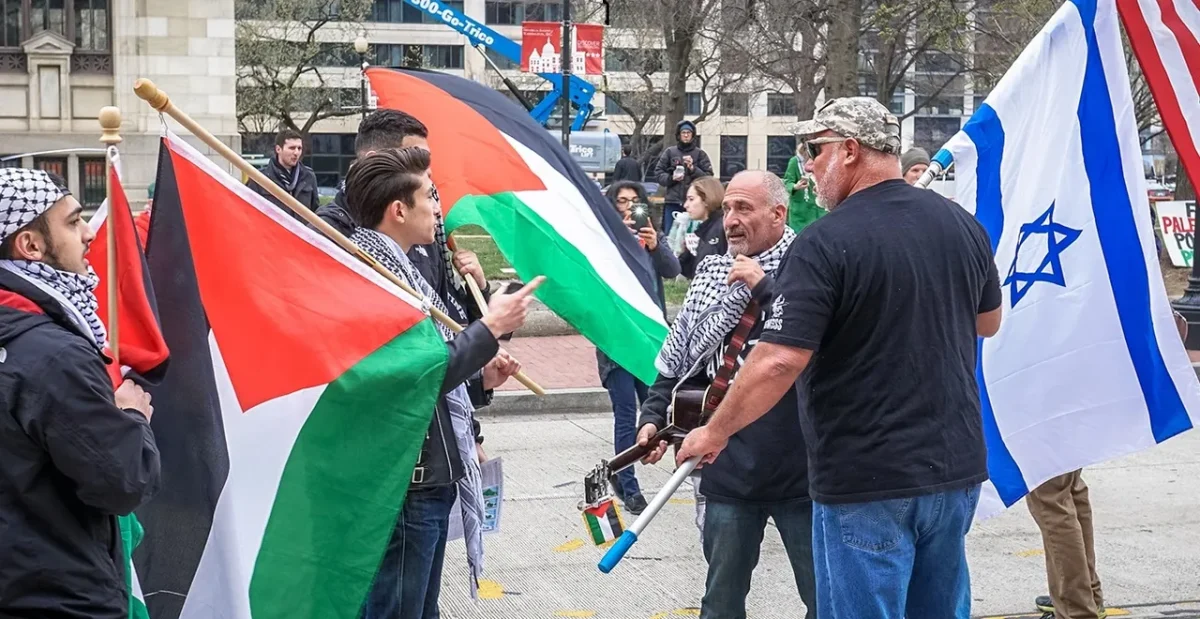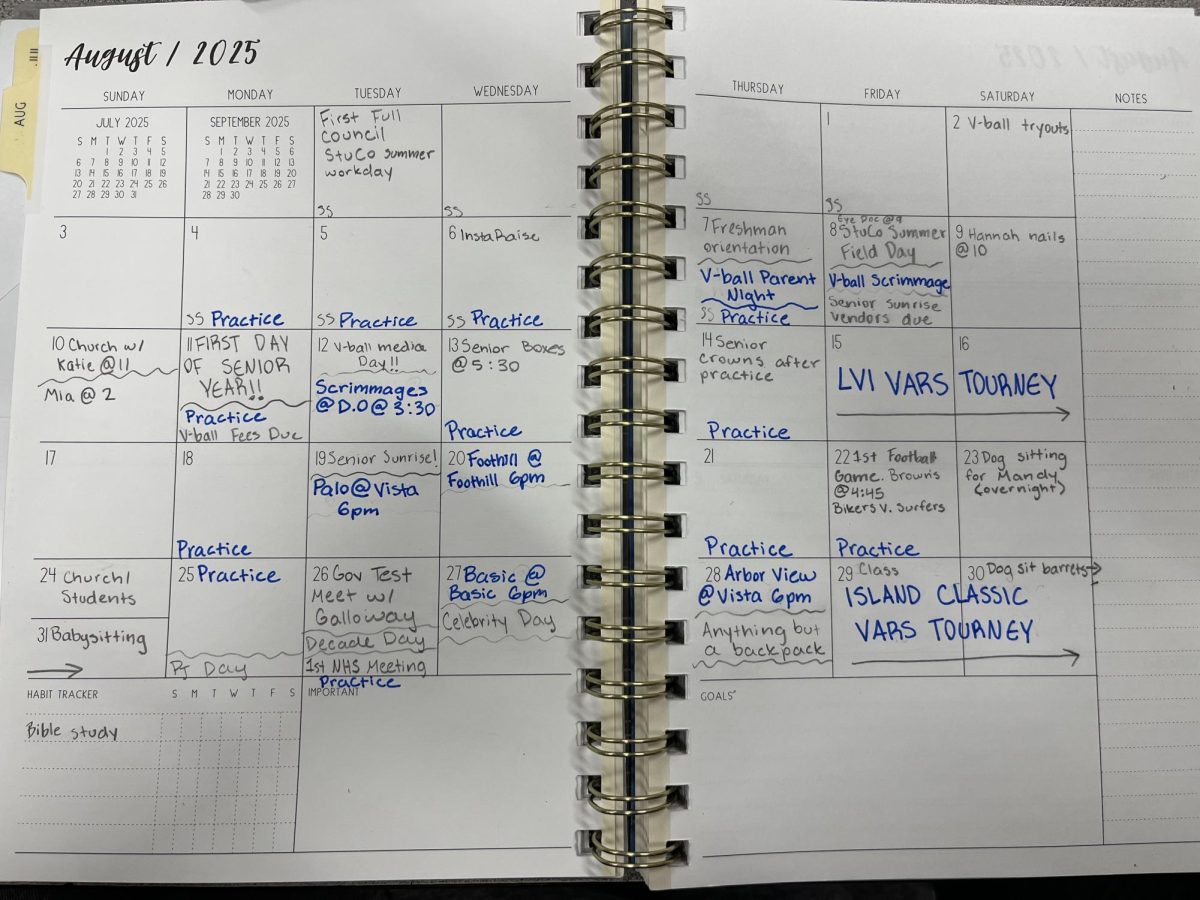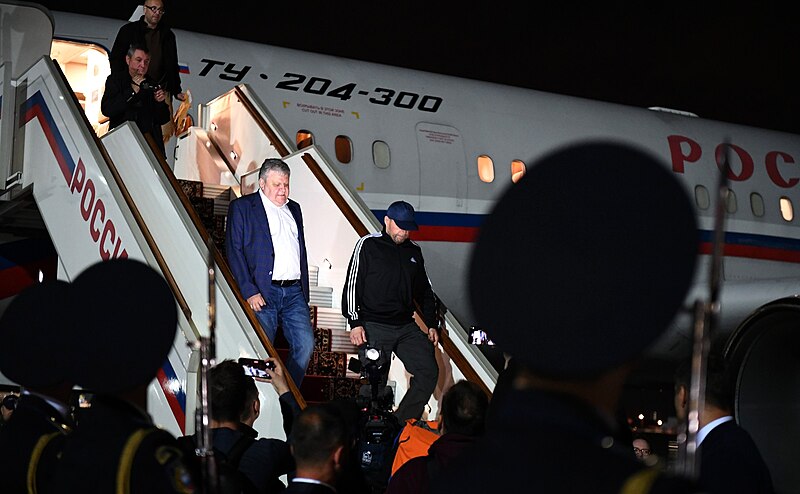On October 1 2024, Iran fired roughly 200 missiles at Israel, claiming it was retaliation for the deaths of key leaders from Hamas, Hezbollah, and the Iranian military group, the IRGC (Islamic Revolutionary Guard Corps). These groups have long been supported by Iran in their ongoing conflicts with Israel. The attack was especially significant because it was the second time in 2024 that Iran directly targeted Israel, following a similar missile strike in April 2024.
Israel has neither confirmed nor denied its involvement in the assassinations. The Iranian government warned that any further attacks on its interests would lead to even stronger retaliation.
The attack on October 1 is described as (nearly twice as large in scale as Iran’s earlier strike in April 2024), the US Department of Defense stated that Iran’s goal appeared to be causing significant damage to Israel. However, Israel reported that most of the missiles were intercepted by its defense systems, and the damage to Israeli military sites was limited. Some civilian and military targets were hit, with reports of casualties, including one Palestinian killed in the West Bank and three people injured in Jordan.
In the aftermath of the missile attack, Israel vowed to respond. On October 26, Israel launched airstrikes on Iranian targets, focusing on missile and drone production facilities and air defense systems, particularly in areas near the Iranian capital of Tehran and in the western provinces of Ilam and Khuzestan. According to Iran, the strikes killed four soldiers and a civilian. The Israeli military said the airstrikes were precise and targeted, aimed at weakening Iran’s missile capabilities and preventing further threats. Israel also reportedly targeted a component related to Iran’s nuclear program, although details about this were not clear.
In response, Iran condemned the Israeli airstrikes, calling them a violation of international law and promising further retaliation. Iran’s Supreme Leader, Ayatollah Ali Khamenei, threatened that the country would respond to both Israel and the United States if they continued their actions against Iran and its allies in the region, including groups like Hamas and Hezbollah. Iran also urged the international community to take action against Israel’s operations in Gaza and Lebanon.
The international community, including the United States, the European Union, and the United Kingdom, strongly condemned Iran’s missile attack on Israel. These countries expressed concern about the escalation of violence and the potential for a larger conflict in the region. President Joe Biden emphasized that while Israel maintains the right to defend itself, the response should be proportional, and he opposed any attacks on Iranian nuclear facilities or oil production. The US Department of Defense worked with Israel to ensure that the situation did not escalate further and to prevent the conflict from spreading throughout the region.
In response to the violence, the US and European nations increased sanctions on Iran. The US specifically targeted Iran’s oil and petrochemical industries, aiming to limit Iran’s revenue and weaken its ability to finance its military and regional activities. The UK imposed new sanctions on Iranian military officials and entities involved in Iran’s missile and drone programs, bringing the total number of UK sanctions against Iran to 423.
This growing conflict between Israel and Iran highlights the ongoing instability in the Middle East, where both countries are engaged in a complex struggle for power and influence.
